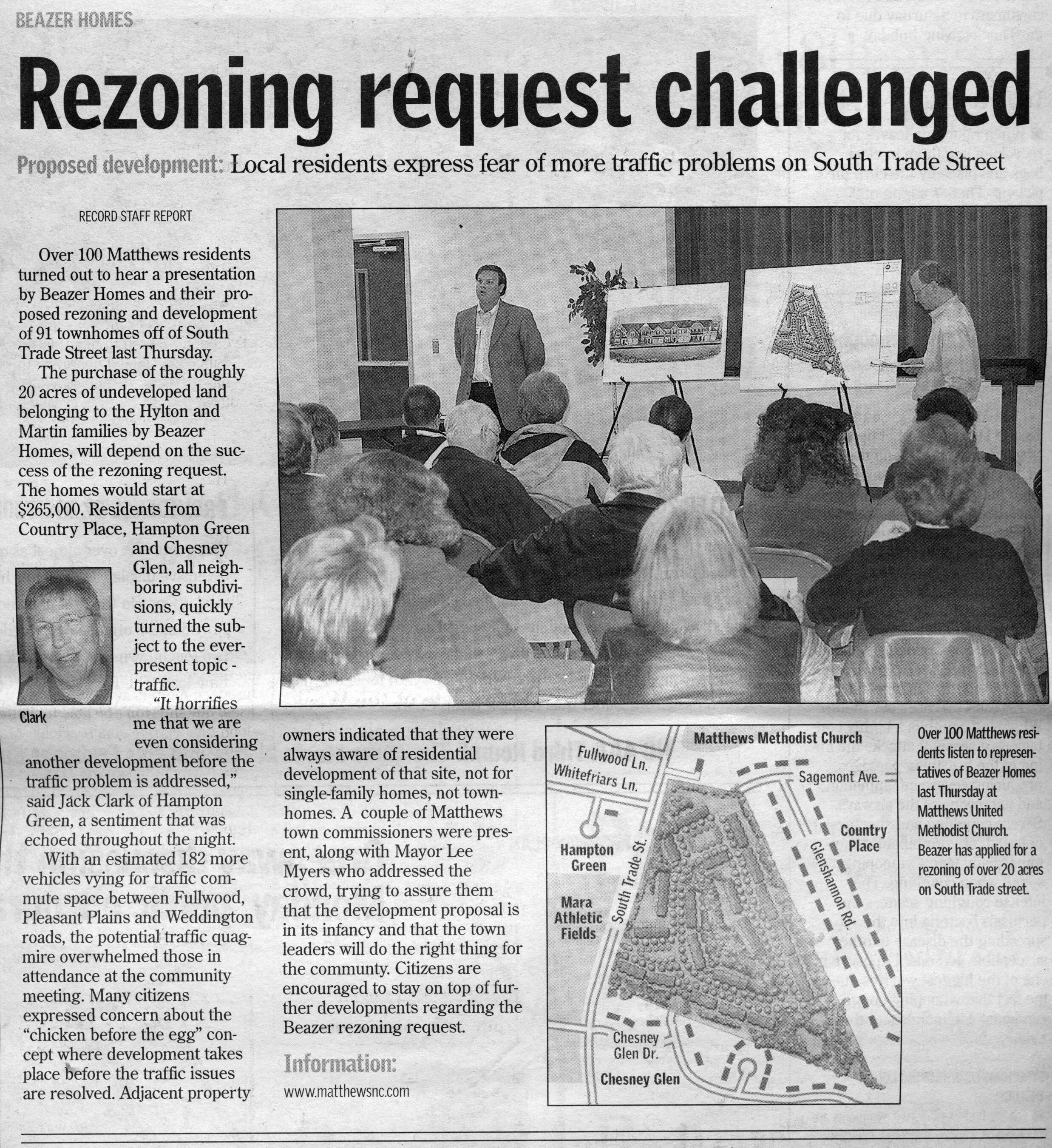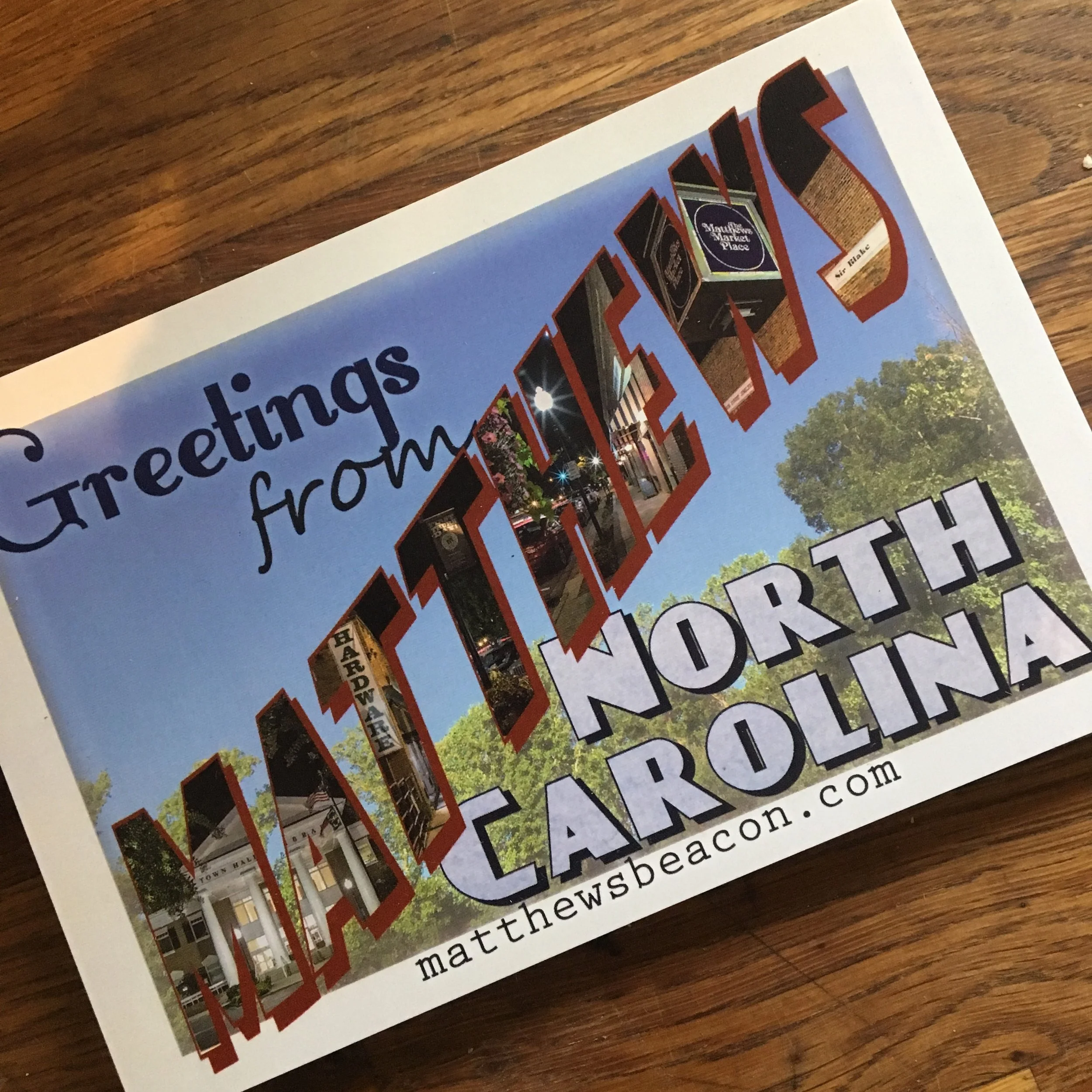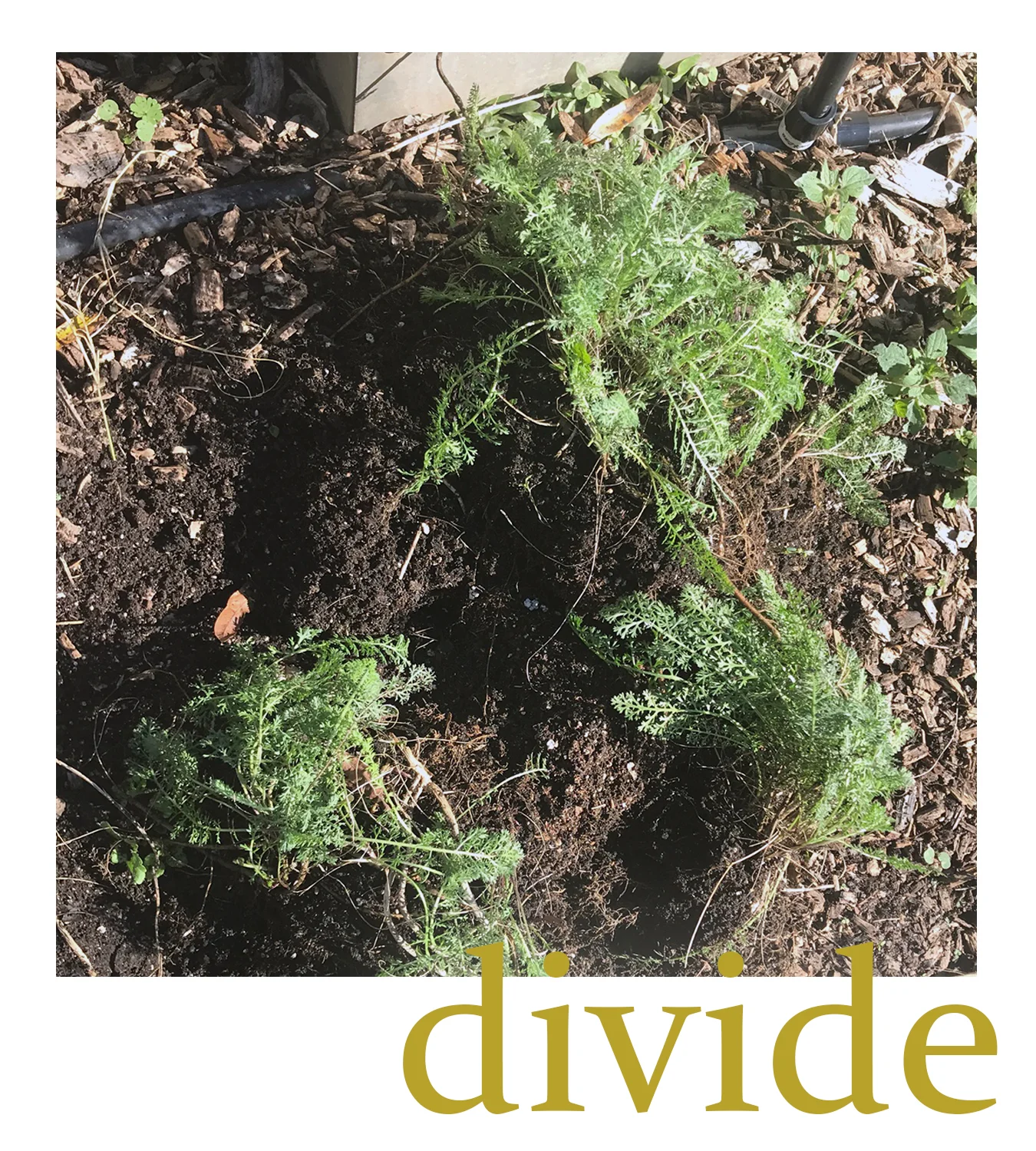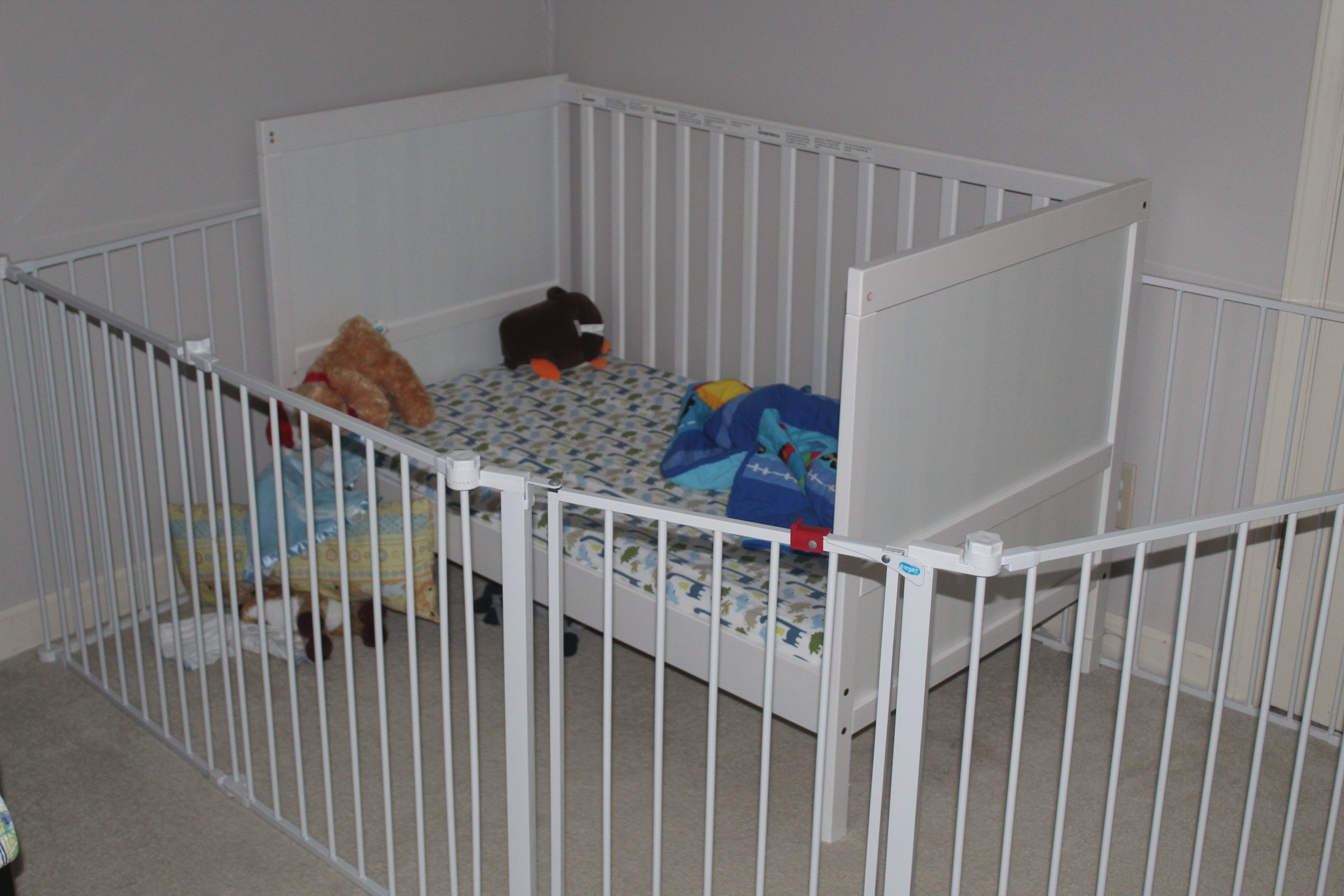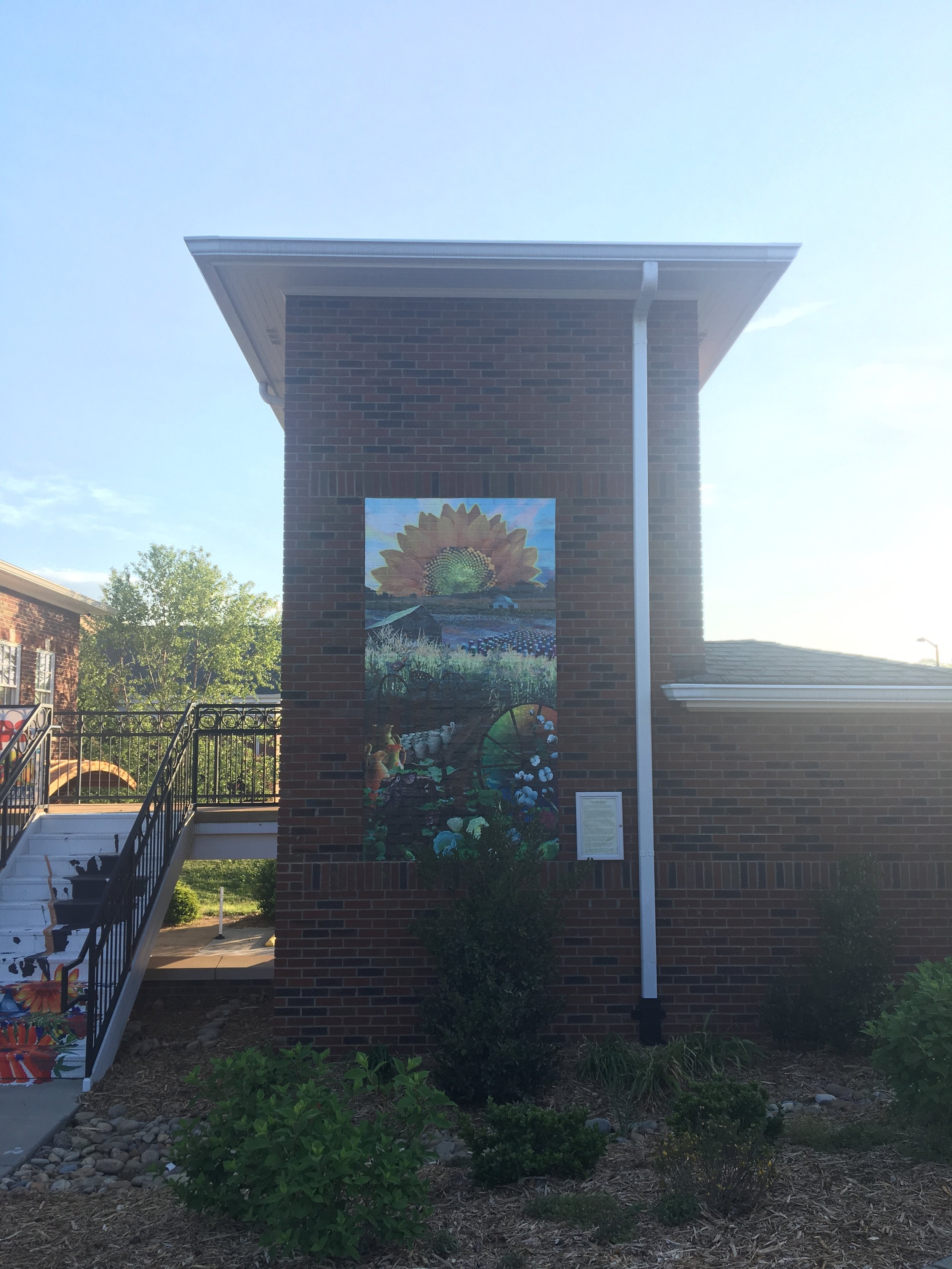Council seeks longer terms
by Beverly Brock
Do you want your town council to have four-year terms? That’s the decision Matthews citizens will be making this November as the current council seeks to lengthen and stagger council member terms from two years to four.
The current town charter requires all six council members and the mayor seat to be elected every two years. This same system is used by every publicly elected board in the county with the exception of the Charlotte Mecklenburg School Board.
The Town Council could change the charter without a referendum, Matthews Mayor Shawn Lemmond said, but it could be challenged by a citizens petition. However, he said, he did not want this sort of major change to the council to be handled in that way and would rather a referendum be held in November. Even if the referendum passes, it would not go into effect until the 1993 elections when all the seats will once again become available.
“I don’t want to do this unless the people want it,” Lemmond said. But he sees many benefits to changing the charter.
The proposed changes would lengthen the term of a Council Member from two to four years. Lemmond and council members say two year terms are too short. “Out of 24 months, we spend six months on elections,” Lemmond said during a specially called meeting Tuesday, August 20. “I’ve had a lot of people say it’s crazy to have an election every two years.”
Commissioner David Bland agreed, “Every time we get close to the elections, everybody starts posturing and shying away from controversial issues.”
Bill Culp, supervisor of the Board of Elections, said there are benefits to a four-year term for new board members. “It generally takes an elected official to get up to speed,” he said. By the time an official learns the job, it’s time to run again.”
Lemmond also believes it will give council members more time to devote to the town and its issues. The resolution is not, however, changing the term of the mayor, which will continue to be elected every two years.
It does propose staggering the council terms so an election would still be held every two years, but only three council seats would be up for grabs at one time.
Wit the current system, Lemmond said, the town runs a chance of getting a new board an mayor with no experience or past knowledge of town issues. This lack of experience or would slow down and hamper the ability of the council to meet the growing needs of the town.
Lemmond used recent landscaping requirements and zoning changes the he contends would not have been accomplished with a new council.
The chances of that happening, however, are slim, said Culp. “They could theoretically be removed from office but the reality is the lines are not that long to run for office,” he said. “It’s hard to conceive an entire board being pushed out of office.”
If the referendum passed, then the 1993 elections would vote in six more council members. The top three vote-getters would have four year terms and the last three vote-getters would have two year terms. In 1995, when the three seats come up for election, those winners would have four year terms and the staggered system would be in place.
“Let’s face it, it’s easier to run in a field of six rather than a field of three,” Lemmond said. “You’ve really got to have the support behind you.”
Commissioner Ted Kiker said he felt the four-year terms would frighten off good candidates who were unsure of committing four years of service. Culp agreed. “The downside is that it’s harder to get people to make a four year commitment.”
If any Matthews resident has an opinion on extended or staggered terms, they will have a chance to express it during a public hearing set for Sept. 9 at town hall.


























